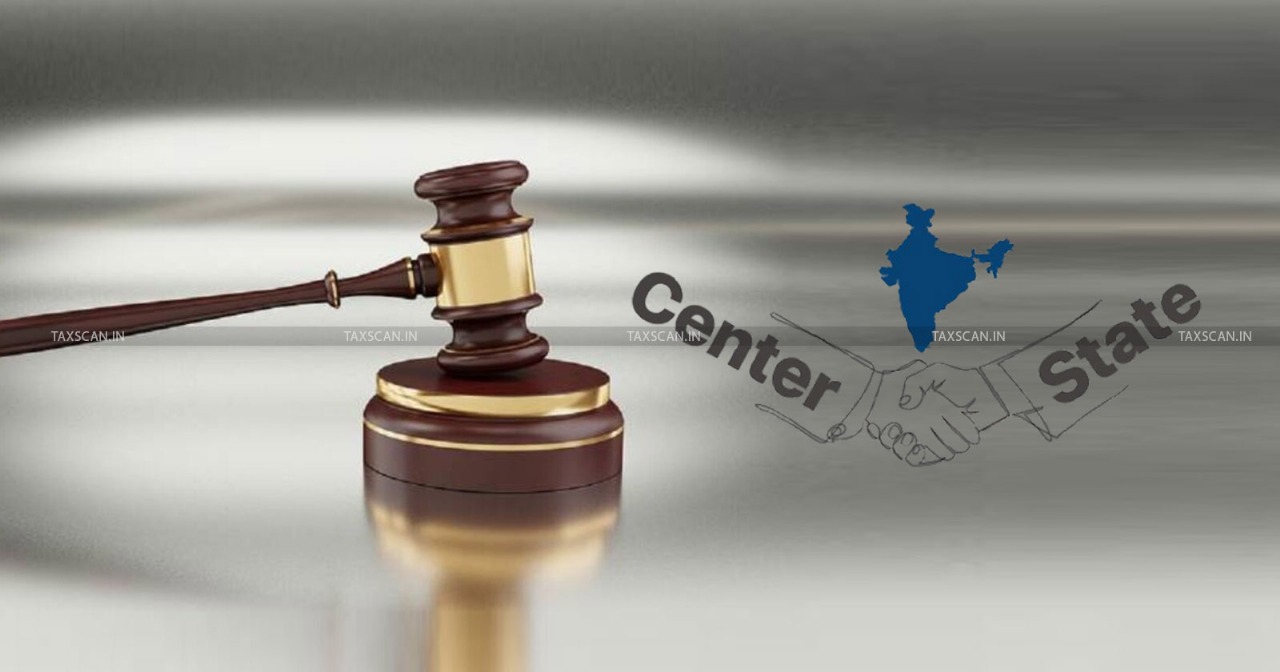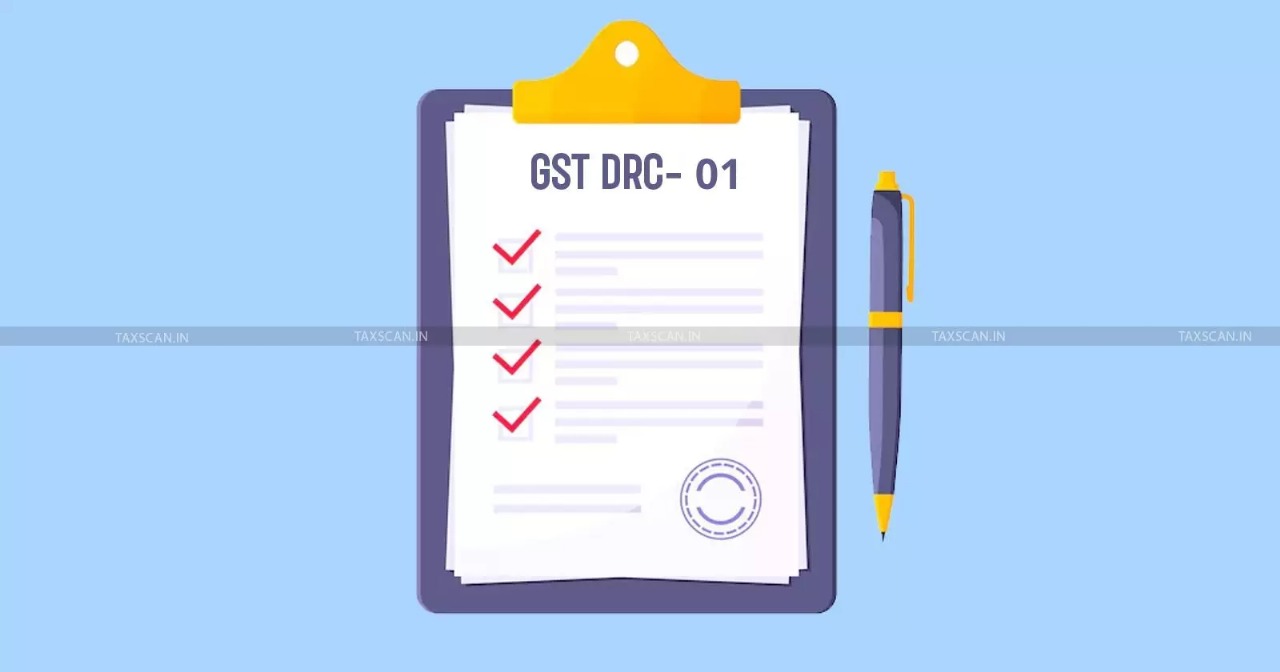ITAT Can Allow 10% LTCG Rate on Unlisted Shares Despite No Revised Return if Facts Are on Record: Gujarat HC [Read Order]
The Gujarat High Court held that the ITAT can allow a 10% LTCG rate on unlisted shares despite no revised return if the facts are already on record
![ITAT Can Allow 10% LTCG Rate on Unlisted Shares Despite No Revised Return if Facts Are on Record: Gujarat HC [Read Order] ITAT Can Allow 10% LTCG Rate on Unlisted Shares Despite No Revised Return if Facts Are on Record: Gujarat HC [Read Order]](https://images.taxscan.in/h-upload/2025/07/10/2062358-capital-gain-capital-gain-tax-long-term-capital-gain-will-removing-long-term-capital-gain-taxscan.webp)
In a recent ruling, the Gujarat High Court held that the Income Tax Appellate Tribunal (ITAT) can allow a 10% tax rate on long-term capital gains from the sale of unlisted shares even if the taxpayer has not filed a revised return, as long as the facts are already on record.
Comprehensive Guide of Law and Procedure for Filing of Income Tax Appeals, Click Here
Bridgestone Corporation, a Japanese tyre manufacturer, filed an appeal after the assessing officer and the Commissioner of Income Tax (Appeals) refused to grant a 10% tax rate on the sale of shares of its Indian subsidiary for the assessment year 2014-15.
The company had originally offered to pay tax at 20% in its income tax return but later argued during assessment that due to a retrospective amendment made by the Finance Act, 2017, it was eligible for a 10% rate under Section 112(1)(c)(iii) of the Income Tax Act.
 Also Read:GST Payer alleges Overlap of Jurisdiction by Central and State Authority: Madras HC says No Case Made Out, Grants Partial Relief [Read Order]
Also Read:GST Payer alleges Overlap of Jurisdiction by Central and State Authority: Madras HC says No Case Made Out, Grants Partial Relief [Read Order]
The company’s counsel argued that the law had been amended retrospectively, so the correct tax rate applicable to the transaction was 10%, and the company should not be denied the benefit simply because it had not filed a revised return. They argued that the relevant facts were already on record during the assessment and appeal proceedings.
The income tax department’s counsel argued that the company could not claim the lower tax rate without filing a revised return under Section 139(5) and relied on the Supreme Court’s ruling in Goetze India Ltd v. CIT, arguing that the assessing officer and the appellate authorities could not consider a new claim unless a revised return was filed.
The company’s counsel countered that the ruling in Goetze India Ltd only restricted the powers of the assessing officer and did not apply to the powers of the ITAT, which could consider legal claims raised during appeal if the facts were already on record. They also argued that tax proceedings are not adversarial and that the department should assist taxpayers in paying the correct tax based on the law.
 Also Read:No Consideration Given to Reply to GST DRC-01: Madras HC Remands Case without Pre-deposit Mandate, Directs to Defreeze Bank Account [Read Order]
Also Read:No Consideration Given to Reply to GST DRC-01: Madras HC Remands Case without Pre-deposit Mandate, Directs to Defreeze Bank Account [Read Order]
The division bench comprising Justice Bhargav D. Karia and Justice Pranav Trivedi observed that the Supreme Court in the National Thermal Power Co. Ltd case had held that the ITAT could consider new legal claims during appeal if the facts were on record. The court also observed that the retrospective amendment allowed the 10% rate from the assessment year 2013-14 onwards, and the Tribunal was right in granting the benefit.
The court found that the ITAT had correctly applied the law by allowing the 10% rate, even though Bridgestone had initially offered to pay tax at 20% in its return, as the relevant facts were already part of the record during assessment and appeal.
The court held that no substantial question of law arose in the case and dismissed the revenue’s appeal.
Support our journalism by subscribing to Taxscan premium. Follow us on Telegram for quick updates


